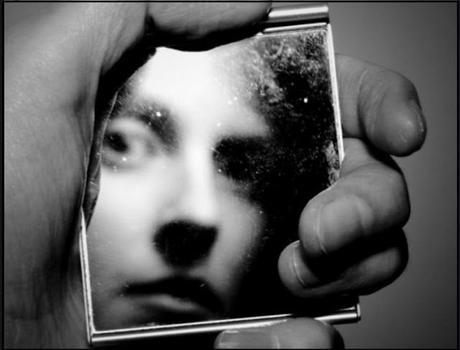One bored day in my dingy Manchester flat I picked up a magazine, flipped idly through it and found a poem. I knew nothing about poetry except for the War Poets, a smattering of Shakespeare and some Tennyson read under the counter at a Saturday job selling corsets. I would no sooner have tried to write a poem than I would have attempted cartwheeling down the central reservation outside. My eyes flicked through this short piece of verse and I was blown away. What kind of writing was this and who is Sylvia Plath? I remember that moment because it had the same effect as when I heard "Love Me Do" for the first time. This was new, exciting and very different, setting up a hunger to know more. Critic M.L. Rosenthal coined the term Confessional Poetry, in reviewing Robert Lowell's 'Life Studies' published in1959. A branch of Postmodernism emerged in the U.S.A in the 50's which are poems opening to personal faults and frailties. Plath put the speaker herself at the center of the poem. The literal self in Lowell's poems is the literary self. In some of Plath's poems the figures are generalised and not real life. She observed the poet should be able to manipulate experiences with an informed and intelligent mind, a perfect vehicle of expression for the orderly, disordered mind. The best confessional poetry has a universal appeal. There were others who had a fascination with death and took their own lives, John Barrymore, Anne Sexton among them and their life stories make compulsive reading. The poem that had such an impact on me is "Mirror".
(image credit Charlotte Unsworth)
Mirror I am silver and exact. I have no preconceptions. Whatever I see I swallow immediately Just as it is, unmisted by love or dislike. I am not cruel, only truthful‚ The eye of a little god, four-cornered. Most of the time I meditate on the opposite wall. It is pink, with speckles. I have looked at it so long I think it is part of my heart. But it flickers. Faces and darkness separate us over and over. Now I am a lake. A woman bends over me, Searching my reaches for what she really is. Then she turns to those liars, the candles or the moon. I see her back, and reflect it faithfully. She rewards me with tears and an agitation of hands. I am important to her. She comes and goes. Each morning it is her face that replaces the darkness. In me she has drowned a young girl, and in me an old woman Rises toward her day after day, like a terrible fish. by Sylvia Plath (1961) Thank you for reading this, Cynthia.
Email ThisBlogThis!Share to TwitterShare to Facebook

